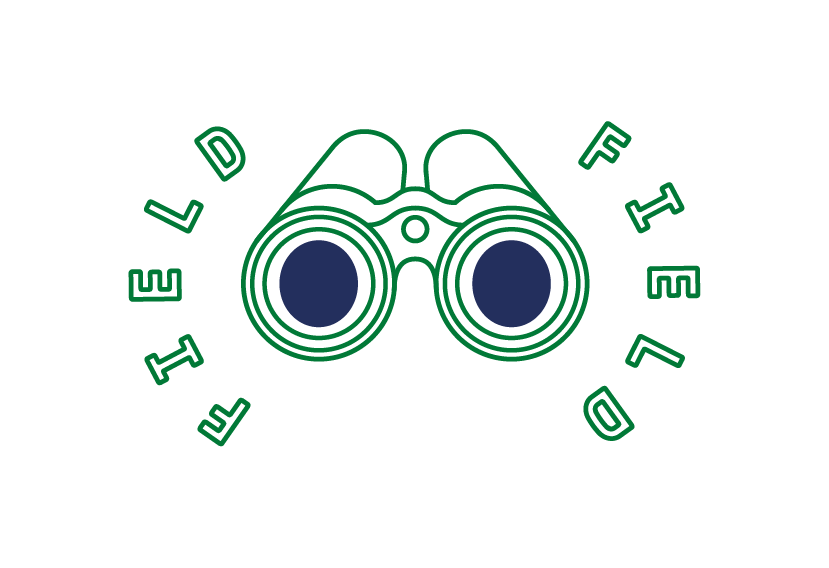
Good morning Rodolfo! Thanks so much for being here with us today.
Let's jump straight into it.
Field: How has Covid affected you as a coffee producer in El Salvador?
Ruffatti: Covid actually turned me into a Coffee Farmer. Coffee 'Producer' is a vague term for me, as you can have a situation for example, what if I'm running a Processing Station where we buy fresh cherry from farmers and we take care of fermentation and drying? Am I still a producer? Because before the pandemic, that was my role, I was receiving cherry from people and doing the processing.
During the Pandemic, my dad retired and gave me two of his farms, Finca El Salvador and Lombardia. So, I actually became a coffee farmer in the middle of the Pandemic and there was huge uncertainty. Should I invest all this money on working these coffee farms, when we don't know if cafes will be open? I felt it was a huge risk to invest in specialty coffee. But we did it.
The best thing about the farms this year during the pandemic was that I had a special agricultural permit, so I could go visit and walk around the farms while everyone was in lockdown, that was a much needed break. Besides this, not much, we had a good crop and have already sold most of our coffee before even shipping it, so we haven't really been affected in the end.
Ruffatti: Yes, Finca El Salvador is my high quality farm which has been in my family for 5 generations, so I feel the weight of history and a certain responsibility to keep it going. It's 100% focused on shade-grown coffee and am turning the top half into a microlot / exotic variety farm and the bottom half into a volume honey, volume natural single lot area.
Lombardia on the other hand, is a recent purchase of my dad's. It has no family history and it's in a mid elevation area (950 m) that's not really optimal for coffee, so I am diversifying. We are planting bamboo to create, hopefully, single use utensils for cafes, maybe take away stuff? And we are also planting cacao and hibiscus this year, testing if we can produce hibiscus tea (flor de jamaica in Latin America). 

There's less pressure with Lombardia and there's more space for experimentation there. I also see it as being at the forefront of climate change. Due to low prices and climate change (leaf rust, warming), most of the coffee farms around Lombardia have been abandoned, the trees have been chopped down and the land has been burnt (slash and burn farm practices) and corn has been planted. So all around Lombardia you have a corn desert. No more forest, no more trees, just this annual grass that gets chopped down every year, leaving empty fields which are washed away with the rains. So it's a huge contrast with Lombardia's agroforestry of shade grown coffee, as we have more than 100 types of trees (really diversified shade) and we have water springs coming out in the middle of the farm. So yes, I could sell Lombardia and look for higher land but I see it as a sort of mission to stand my ground and keep an agroforest alive and productive.


Field: What’s something that you wish people in non-coffee growing countries would know about coffee and its life prior to their cup?
Ruffatti: That it's not really sustainable with the prices we get. All around me, I see people giving up. It's not worth it to grow coffee and get paid below production costs. It's all due to Brazil and their automated machines. They won. Their machines are way more effective and they can produce coffee at a much lower cost than everyone else who is hand picking, so they pump out coffee, keeping the price low. Specialty coffee, if people appreciate it, should be paid at a much higher price. I'm going to try for a few years, but if it's too much trouble, I might prefer to abandon my farms as well.
I think here, for a German public, the German Coffee Tax is what, 2.19 € per kg. If you see the price of coffee, up until a few days ago was 1.30 usd/lb, thats FOB, the price the exporter gets. Minus his costs and profit, minus the very likely presence of middlemen buyers or mills, the farmer at 1.30 usd/lb gets probably less than 0.60 usd/lb (in commercial settings), so the farmer gets less per kg than the German government. How does that make sense?
The German government is financing some of its expenses on the backs of third world poor ass farmers... If only this tax went to the farmers, they wouldn't be so desperate.
Field: That's really eye opening, and we thank you for that Ruffatti!

